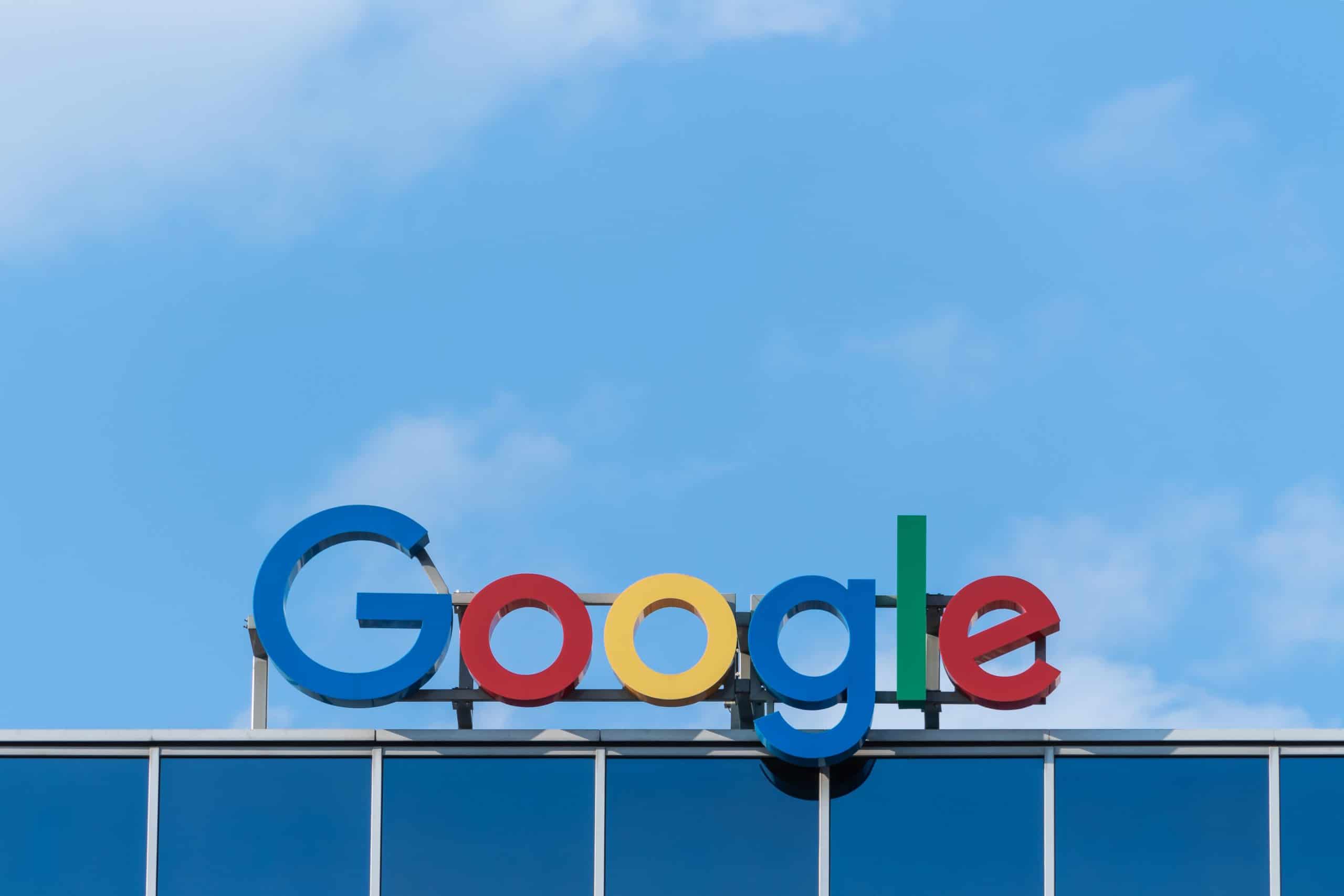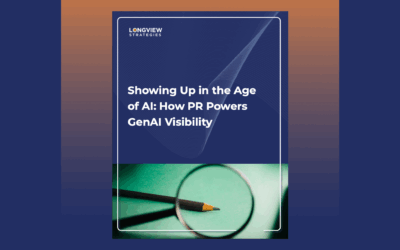Across generations, people are becoming more interested in ethical consumption and want to buy from companies that are genuinely protecting our future on this planet. The challenge, however, is how brands can tell their sustainability story without greenwashing. Search Engine Optimization (SEO) is a critical tool for achieving this honest notoriety.
Stakeholder Capitalism
In a 2020 Deloitte survey on consumer views of brands, 58% of survey respondents wanted organizations to change their practices to more sustainable initiatives, and 55% wanted brands to create awareness around problems such as climate change.
There has also been a staggering 71% rise in online searches for sustainable goods globally in the past five years.
Online search trends for terms such as “green” have been searched over 110,000 times a month in the U.S. alone. As people shift towards more ethical consumption habits, brands must adapt to keep up with the demand for more environmentally focused products and initiatives. As a result, trending sustainable search terms have found their way onto brand marketing materials.
Expertise, Authority, and Trust
However, using those terms does not guarantee increased brand awareness. You may be asking, “But isn’t that the point of SEO? I thought we needed to use trending words to get the highest amount of organic traffic?” Well, it’s not that simple.
Consumers want to know exactly what your company is doing to make an impact.
Building trust as a brand is essential and a successful SEO strategy around your sustainability mission will help ensure that your website cues Expertise, Authority, and Trust (EAT) relate to your “how.”
Building a Strong ‘Green’ Strategy
A solid SEO strategy goes far beyond keywords and links. It means optimizing your online presence so that a website is easily discoverable to users and builds trust and credibility so you can stand out from competitors.
You should build an identity around a variety of mediums such as creating relevant content, being mentioned by experts and leading publications in your field, and focusing on the user experience (UX) of your website.
From a sustainability perspective, it means going above and beyond overused, and now meaningless, stock words like “green,” “eco-friendly,” or “sustainable” onto every inch of your website and content.
That’s not to say that you cannot ever use those terms, but only relying on them will be less effective, and is especially detrimental if those words do not align with your mission. Otherwise, you run the risk of greenwashing.
Stand Out with Specificity
Specificity allows your audience to easily identify your brand’s focus. Don’t try to mold your purpose into the small confines of a generic trending term. Being specific about your brand’s goals will help ensure any claims you make can be backed up.
To build out your SEO strategy, you should do the following:
- Identify your mission “how”: What is your company doing to actively combat any issue? It’s one thing to say you’re doing something, and another to act on it.
- Research keywords: What is the target audience searching for on that topic area? Think about how that relates to your “how”. If your topic area is a niche issue, how can current topics help you break into building awareness?
- Analyze competitors: Doing a quick search on how competitors are also talking about a topic will give some valuable insight into the messaging surrounding that topic. Again, if your topic is in a niche area, think about where your company is filling the gaps.
- Decide on topic clusters: Once you have identified how your company fits into the general conversation of an issue (like social justice or environmental conservation), think about how to highlight your industry expertise within that category.
- Create meaningful content: Be as transparent as possible about of how your brand or products fit into your mission and expand on the topics already discussed. Vocalize what it is that you are doing and make that information easily accessible on your website.
Remember, your brand is more than just a single keyword. It’s a focus that is constantly in motion, and as such, your content should reflect the path of your company’s journey and growth.
Authenticity is the goal and building that will be the key to successfully optimizing your SEO to tell your sustainability story.




